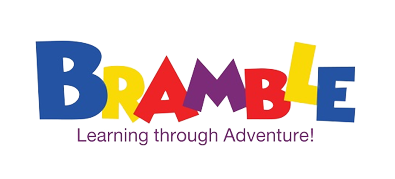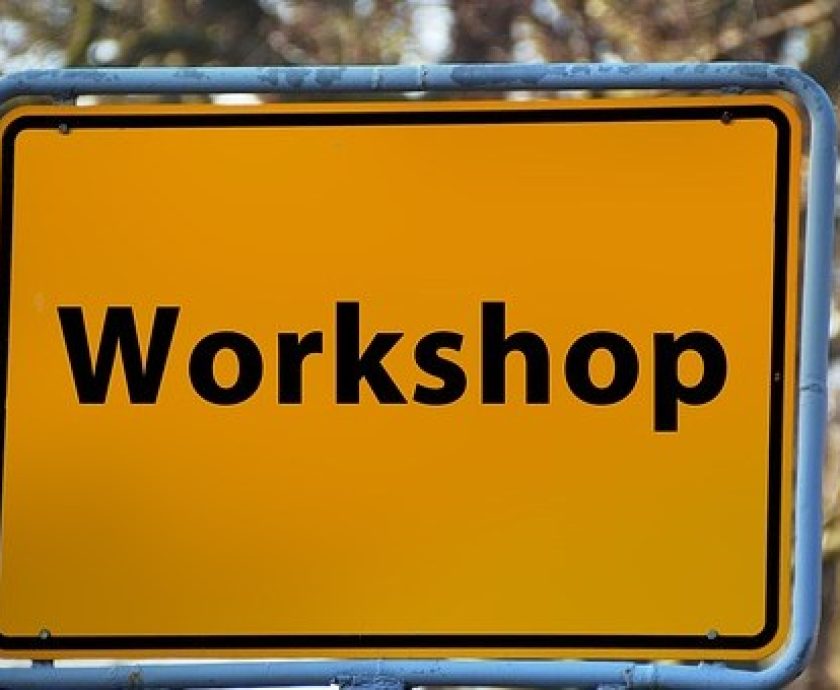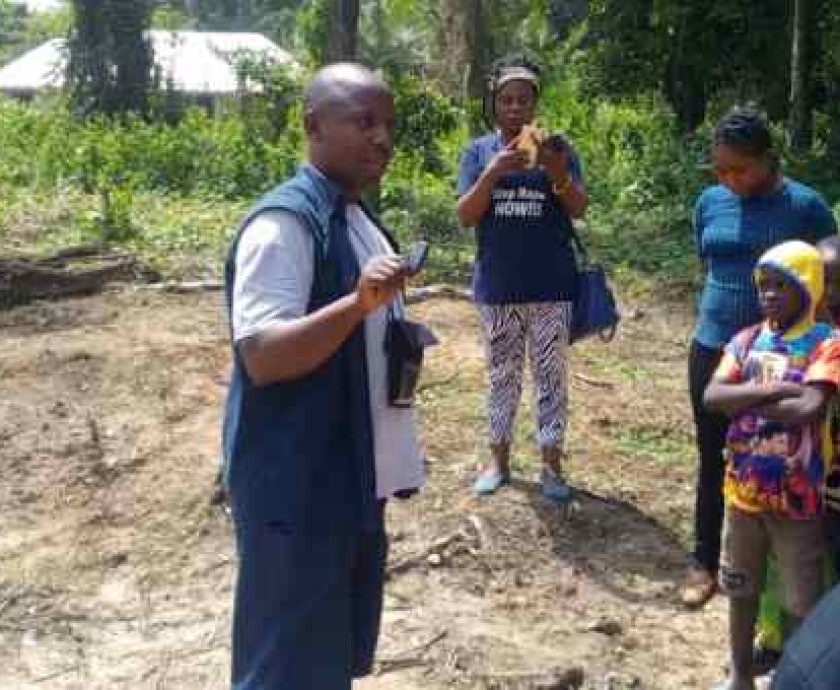Defining the concept of the key words gives us a better understanding of this topic. Civil society can be understood as the “third sector” of society, distinct from government and business, and including the family and the private sphere.
It can also be refers to as a sense of the aggregate of non-governmental organizations and institutions that manifest interests and will of citizens or an individuals and organizations in a society which are independent of the government.
Action can be refers to as deed, act, activity, move, gesture, undertaking, exploit, manoeuvre, achievement, accomplishment, the fact or process of doing something, typically to achieve an aim. Education, is to acquire the present-day skills, value, beliefs, knowledge and wisdom to preserve and develop the society.
Rural education is a distinctive field, distinguished by special problems arising. from sparsity of population.
Across the world, rural communities are the least on the development ladder. For a long time, ‘rural’ has been seen as poor, uncivilized, local, or uneducated. According to the UN, Africa and Asia are home to nearly 90% of the 3.4 billion global rural populations in 2018. These communities are associated with poverty and underdevelopment, placing millions of children in a difficult position where access to quality education is considered a luxury.
Nigeria is not much different. Children living in rural Nigeria are often marginalized; lacking access to basic amenities and good education. Schools in rural communities are characterized with poor infrastructures, insufficient qualified educators, and unmotivated students. It seems the rural education sector is plagued with deep rooted problems.
These multi-level problems require as many impact-making organizations as possible to make a positive change for the rural dweller.
In 2015, The UN announced a Millennium Development Goal agenda which later became SDGs in 2015. Ban Ki-moon explained that MDGs helped to lift more than one billion people out of extreme poverty and enabled more girls to attend school than ever before. The MDGs recorded these successes particularly because of the role of civil society organizations.
A few of these organizations are focused on rural education. They use various strategies to achieve this goal. A World at School built a digital platform to supports education, and leverage global partnerships to get 57 million children into school and learning by 2015. In Nigeria, Civil Society Action Coalition on Education for All CSACEFA is an example of an association using partnership to forge the advancement of equitable access to education.
Apart from the above mentioned society, Civil society ( non-governmental organizations and institutions) are encouraged to take a tremendous action in educating the rural people, for example; establish a center for studies in rural areas, helping compilation of both local, national and international resources specifically related to rural education.
Such sources would include both published materials and electronic links and resources establishing connections with rural education and other rural research and development centers would also be part of the proposed center’s agenda, establishing connections with Urban educators and other education strata to get an accurate teaching and learning resource, i.e. curriculum and others materials to achieve effective teaching and learning process.
With this, the Development gap will be adjusted and growth will be almost at the same pace.













